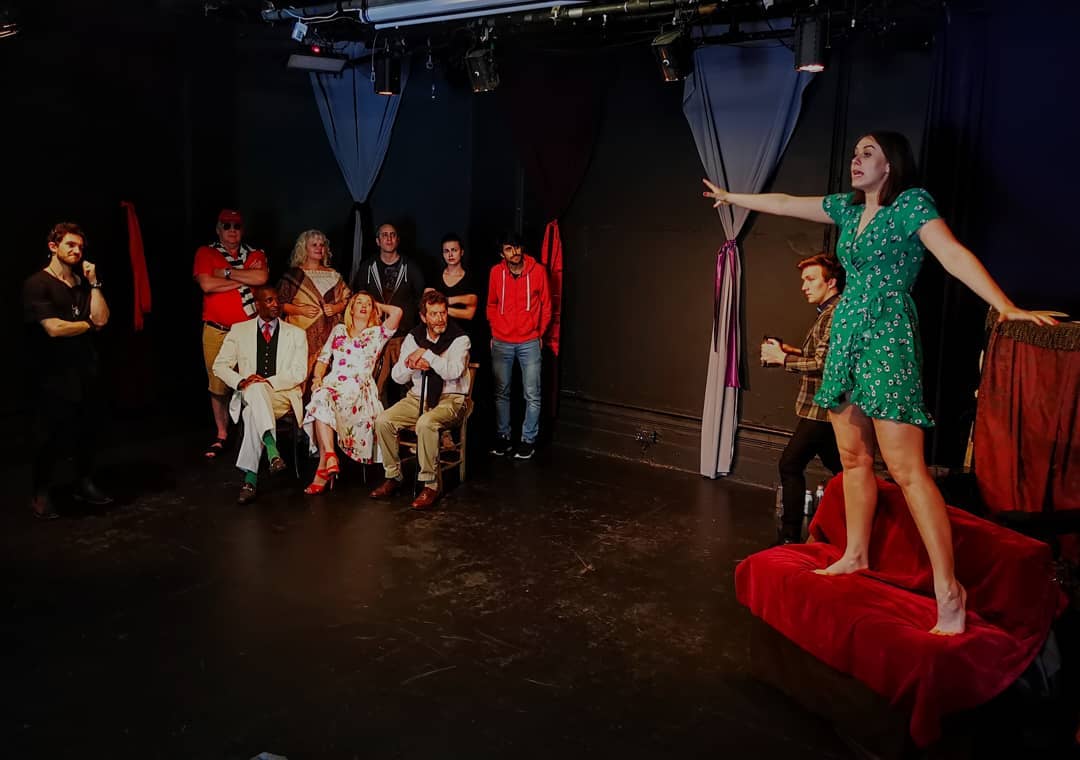Applying a fresh lick of paint to any Old Master is a tall order. Taller still when the Old Master is rejuvenated again and again, necessitating originality each time. This is precisely what The Lion and Unicorn’s production of The Seagull lacks. Set in the modern day, this could be taken further. Nina’s obsession with fame is emphasised.
Allusions to social media, Kim K and BGT spring to mind, yet none of this is signalled. The show is stuck in a kind of limbo between nineteenth century Russia and the present day. Especially after the National’s sell out run of Chekov revivals two years ago, there is a real need to bring something fresh to the table.
While not every theatre company has the luxury of vast resources and an illustrious reputation, fringe theatre can be and often is innovative. Being on a budget is not an excuse for poor use of space and an unimaginative set. As a result, the action feels far away, never mind the pub’s intimate theatre. Though the lighting is used effectively to convey mood and drama, it’s not enough. Although some performances shine through. Dominic Debartolo plays angsty Konstantin with depth and understanding. Once or twice he garbles his lines, but his portrayal reveals a redemptive well of talent. He describes this version of the Seagull as a tragicomedy. Unfortunately, many of the other actors lean too hard on the comic, with little success. Eleanor Hurrell (Nina), Ciara Pounchett (Arkadina) and Sadie Pepperell (Masha), exaggerate their characters, aiming for hilarity but landing in shallow caricature.
There are moments of genuine comedy like Nick Frentz’s untimely all-singing entrances as Yacob. However, only Lucien Morgan’s Dorn matches Debartolo’s heart and pathos. The Seagull sits comfortably in the realm of tragedy peppered with comedic moments, over-emphasising the comedy feels awkward and unnatural. The scenes do fall together, especially as the play begins to chug towards its dramatic conclusion. Although, this is probably due to Chekov’s writing rather than Sobchak and Diacopolous’ direction. The most symbolic moments in the play lack potency; Konstantin killing the seagull is underplayed. The script remains a theatrical masterpiece, but framed like this, it’s obscured.

